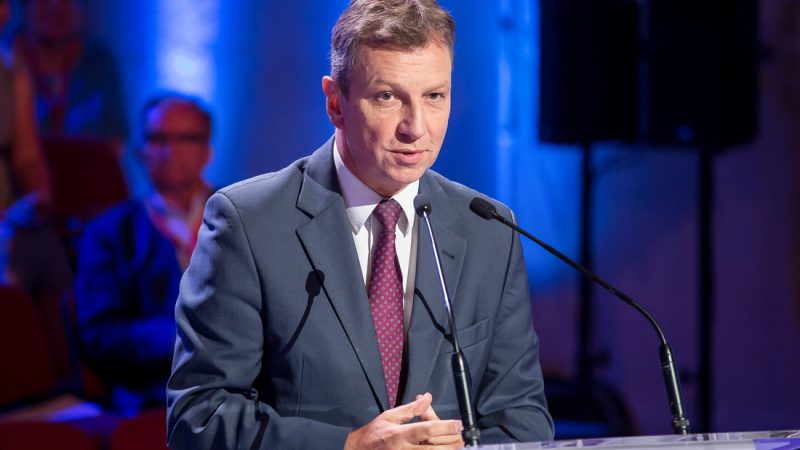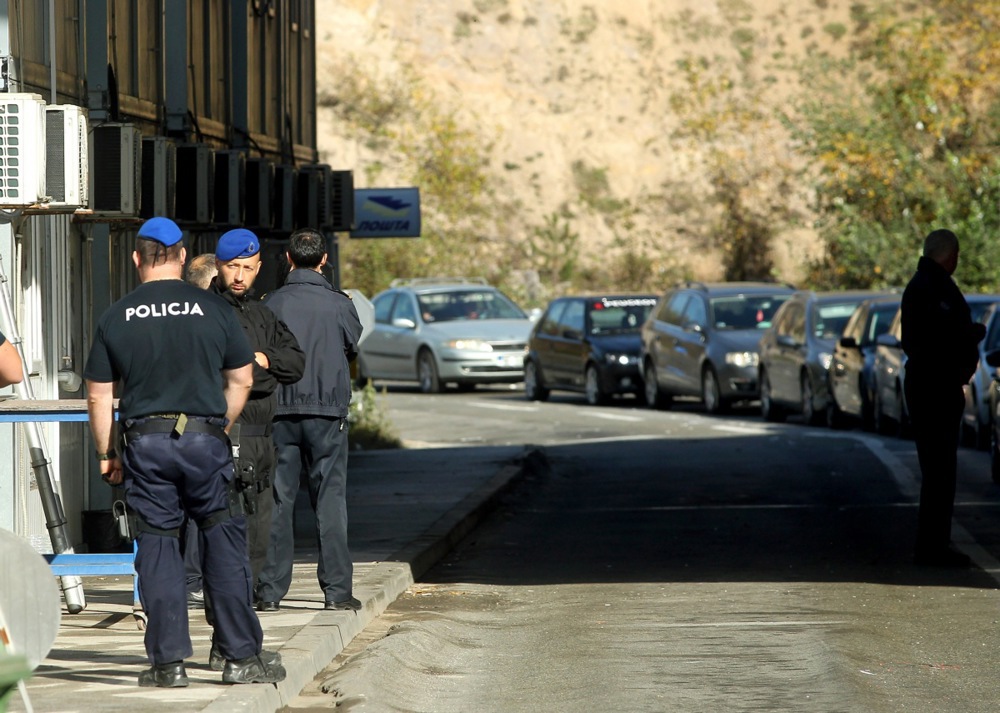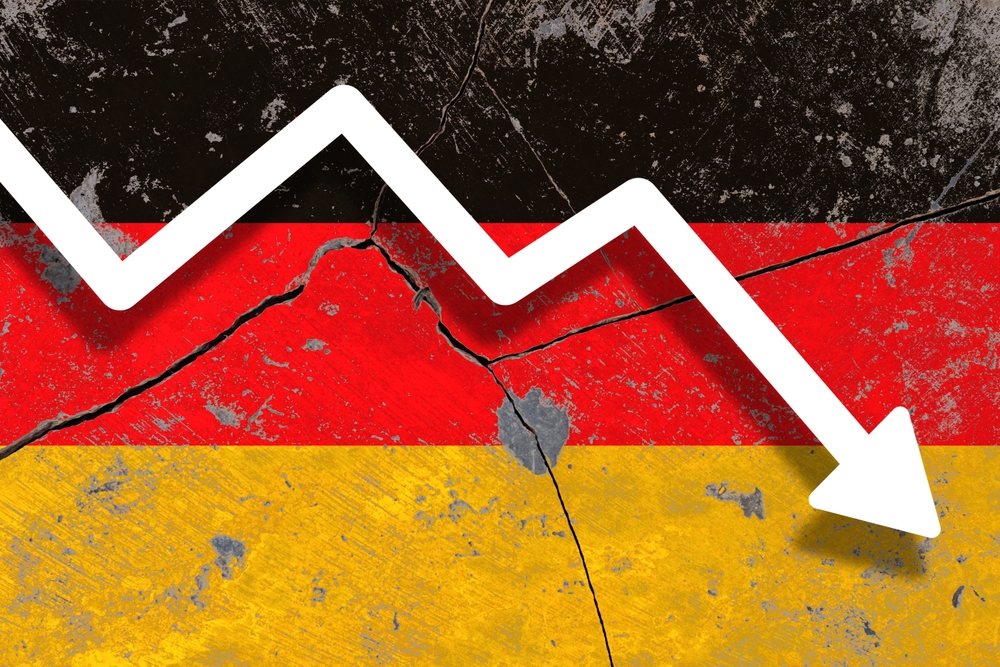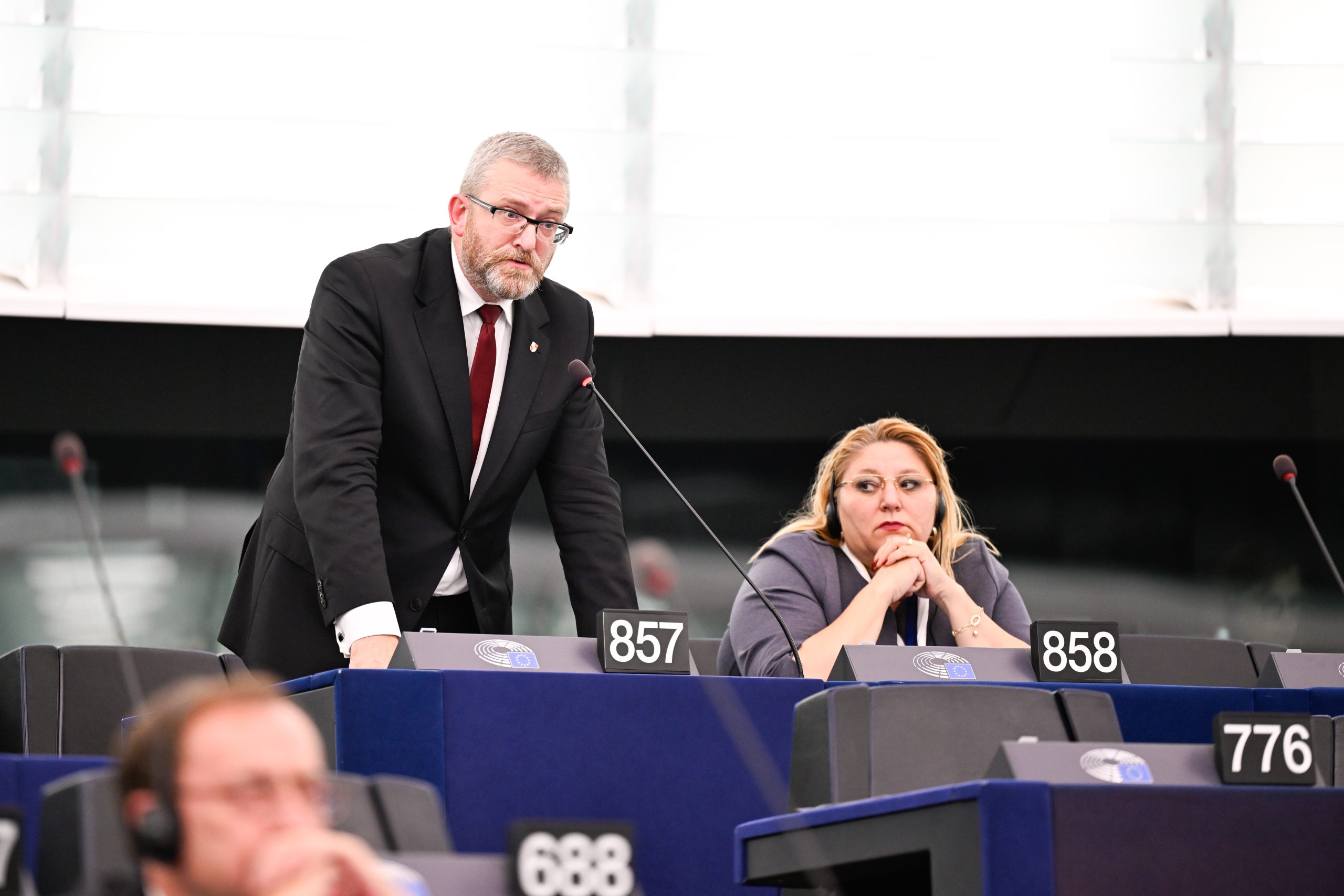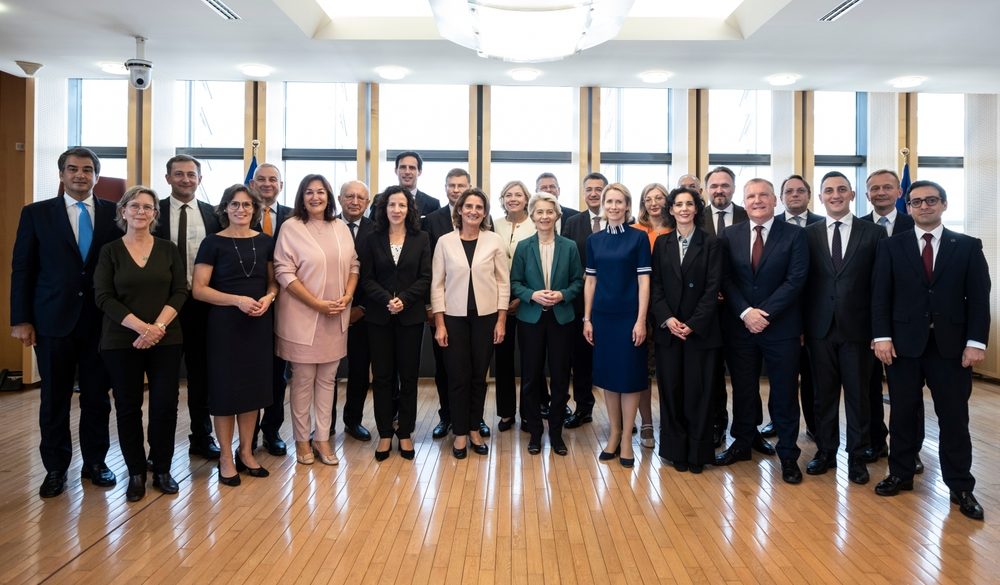 Euractiv is part of the Trust Project
Euractiv is part of the Trust Project
By introducing border checks, German Chancellor Olaf Scholz’s (SPD, S&D) government was led by hypocrisy and dragged the EU back to times when it was divided, Andrzej Halicki, Polish ruling PO party MEP and centre-right EPP group vice-chairman said.
The German government’s decision last month to introduce controls at the borders with its neighbours sparked outrage in Poland. Prime Minister Donald Tusk (PO, EPP) warned of a “de facto” suspension of the Schengen zone.
The reintroduction of internal border controls in several EU member states, and its impact on the Schengen Area was debated at the European Parliament during the ongoing plenary session.
“Olaf Scholz essentially fuels all anti-EU resentments and contradicts himself,” Halicki told Euractiv Poland, adding that Scholz, his government and his SPD party once opposed stronger protection of the external border, with common databases, with much stronger and greater involvement of Frontex.
He noted that today, Germany acts slightly differently, but introducing border checks“does not increase security; instead, it undermines European unity. "
“Europe will be safer only when it is larger but also much more integrated,” Halicki insisted.
He added that free trade and freedom of movement are probably the greatest benefits of the European Union for most European citizens, probably even higher than security.
Undermining these values “means regression to the past, to a divided Europe, a Europe of egoisms” while “not providing an effective answer to the need to strengthen security on the continent,” he concluded.
Joński’s colleague from KO, Elżbieta Łukacijewska, described Germany's decision to impose checks on their borders as “outrageous.”
“The European Union is based on free movement of services, humans and goods. By undermining these freedoms, Olaf Scholz undermines the very fundament of the Union,” she said.
“We must strengthen the borders, but the external borders. The current German ruling coalition of Social Democrats, Greens and Liberals seem not to understand it,” she added.
MEP: EU countries resist ‘German domination’
Criticism was shared by the Polish opposition. Former prime minister Beata Szydło (PiS, ECR) pointed to the discontent by other Germany's neighbours.“More and more EU countries are beginning to resist German domination. Even the French, Berlin's loyal ally until now, are beginning to rebel,” she wrote on X.
“Suddenly, everyone is beginning to realise the scale of German policy's selfishness, which has led the European economy into a trap in recent years,” she added.
“Order in Europe will only begin with the final conviction of the German politicians responsible for the migration catastrophe,” wrote Confederation party MEP Anna Bryłka (PfE).
She recalled during the debate in the Parliament that it was Scholz's predecessor, Angela Merkel, who “had invited millions of migrants to Europe, exposing us to the invasion of culturally foreign newcomers.”
Czechia also up in arms
Meanwhile, Czech Prime Minister Petr Fiala (Civic Democrats, ECR) expressed his discontent about Germany’s border controls at a Wednesday meeting with his Polish counterpart, Donald Tusk, in Prague.“The introduction of checks at the EU internal borders is not a long-term tool for tackling illegal migration,” Fiala was quoted as saying by the Czech News Agency.
Fiala and Tusk agree on the issue of irregular migration, insisting that more needs to be done.
“We need to move on in this matter and perhaps look at these things with a slightly different lens. We need to be more active and assertive towards third countries,” the Czech prime minister said, stressing that Czechia and Poland had clear and identical positions.
Fiala believes that the Czech Republic belongs to a group of countries that have long wanted a stricter version of the migration pact and a stricter asylum and return policy. He says other countries also need to be persuaded.
“Otherwise, we will see one of the greatest advantages, free movement across Europe, being jeopardised,” he warned.
Tusk said Poland, meanwhile, is set to present its long-term migration strategy on Saturday, adding that it will also be a proposal for the whole EU.
In an interview with Euractiv.cz, the German Ambassador to the Czech Republic, Andreas Künne, argued that the checks are necessary for organised crime and other reasons and do not cause too many complications for citizens.
The ambassador estimated that ending the controls would be impossible without the full implementation of the migration pact.
For his part, Scholz said last month that Germany is open to those who are politically persecuted, but this does not mean that anyone who wants to can come in.
“We must be able to choose who comes to Germany”, the German chancellor said.
(Aleksandra Krzysztoszek | Euractiv.pl, Ondřej Plevák | Euractiv.cz)

 euractiv.de
euractiv.de
 euractiv.fr
euractiv.fr
 euractiv.es
euractiv.es
 euractiv.it
euractiv.it
 euractiv.pl
euractiv.pl
 euractiv.bg
euractiv.bg
 euractiv.cz
euractiv.cz
 euractiv.gr
euractiv.gr
 euractiv.ro
euractiv.ro
 euractiv.sk
euractiv.sk
